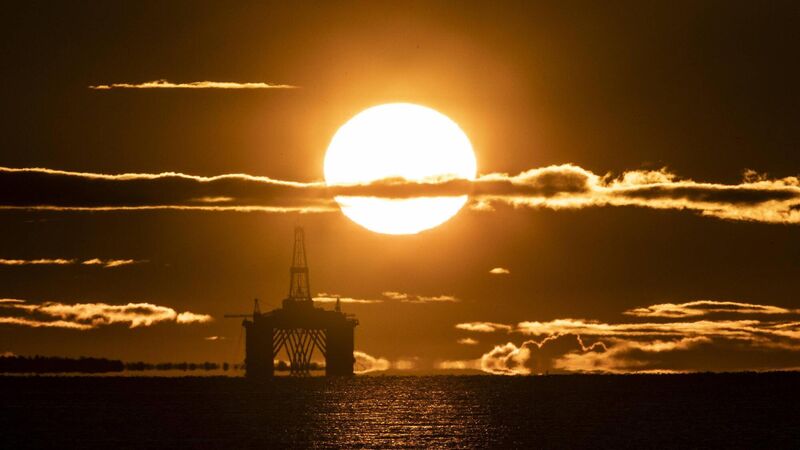Paul Deane: How agriculture could fuel Ireland's journey towards energy independence

Irish motorists may rail against homegrown levies such as the carbon tax — but the price of our petrol and diesel is largely determined by net energy producers, principally OPEC+. Picture: Jane Barlow/PA
If you are planning on driving to your staycation this month you will be disappointed to hear that the price of a litre of diesel has hit a six-year high.
Pump prices are a helpful barometer of the state of the world around us, often reflecting political events that happen far from our shores, with the most recent increase driven by a surge in international oil prices.
CLIMATE & SUSTAINABILITY HUB
















